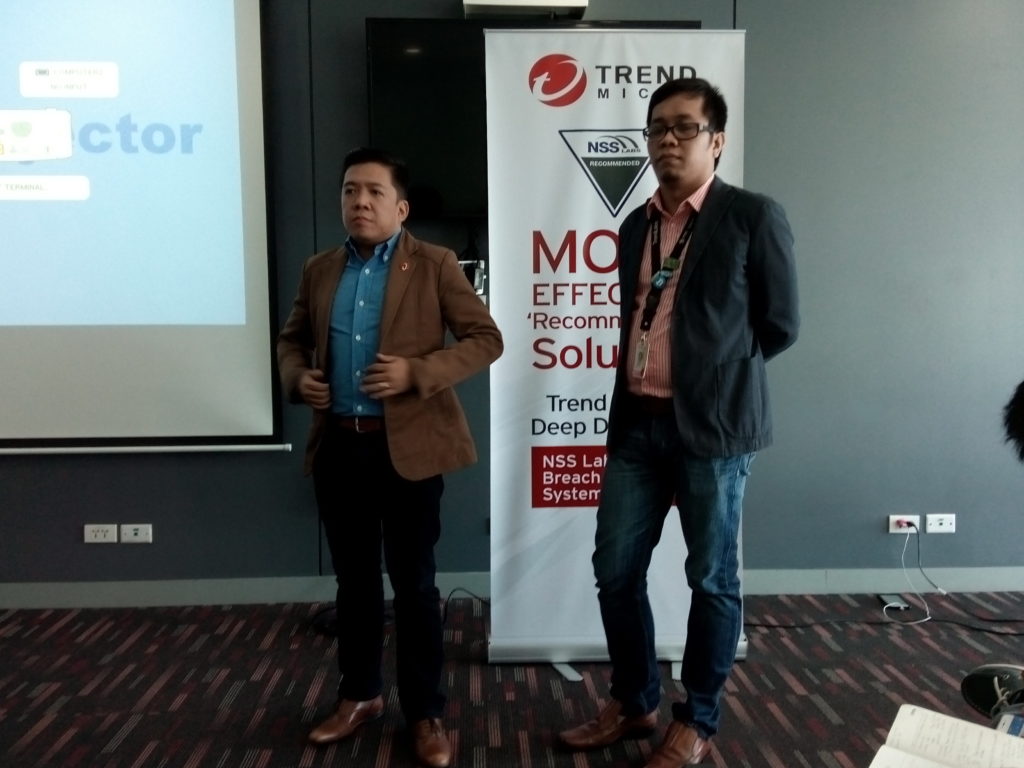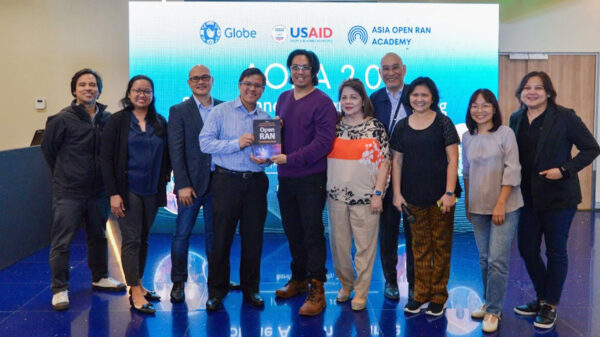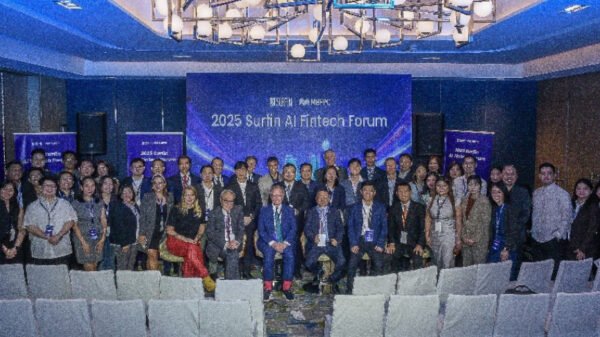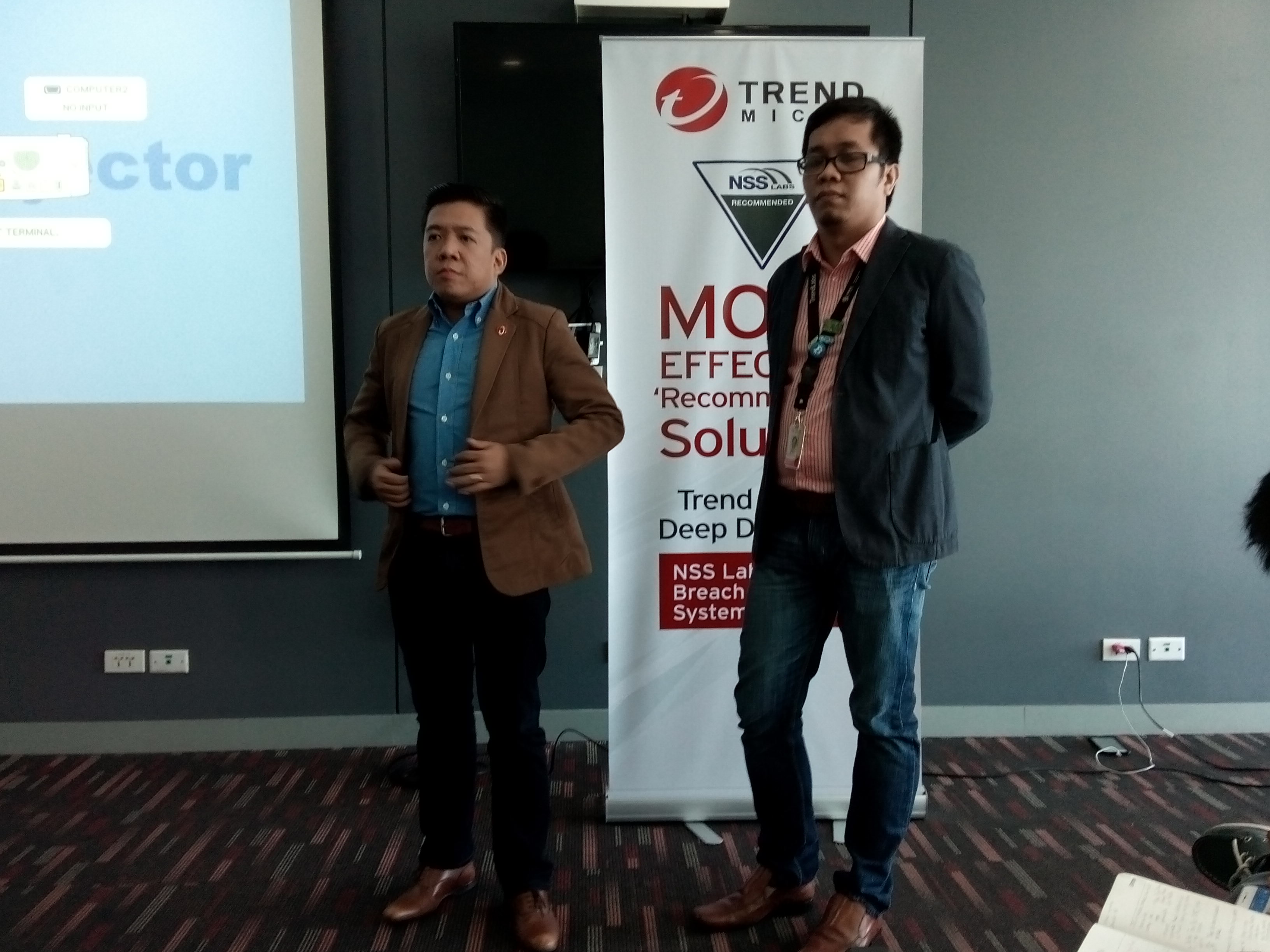Although online banking helps banks improve their services, it is not being spared from the growing incidence of cyber attacks that target banks.
Security solutions provider, Trend Micro, has observed that online attacks for online banking credentials of users in the Philippines have increased, currently accounting for 8% of online banking attacks across its client base globally.

From left: Ian Felipe, Country Sales Director, Trend Micro; Paul Oliveria, Technical Communications Manager, TrendLabs, Trend Micro.
The Philippines also became the third most affected country in terms of global online banking malware detection in the last two months.
Cyber criminals are now using very automated and lucrative online banking malware called ramsonware to extort money from victims in return for the release of confidential information.
To show that malware attacks are growing, Paul Oliveria, Technical Communications Manager, TrendLabs, at Trend Micro, said they have detected 50 crypto-ramsonware that use commercial encryptions in the past five months as against 49 in 2014 and 2015.
Apart from malware, social engineering is another security concern of financial institutions. This technique allows criminals to trick their victims so they can get their passwords or bank information, as well as giving them control to their computer.
Oliveria said cyber threat will not go away. “It is still going and growing up to challenge security.”
“To get rid of these attacks, back up your data,” stresses Oliveria who claimed in his predictions that 2016 is a year of online extortion.
Aside from the banking and finance industry, other key verticals also face an increasing risk of cyber threats. Some of these threats are in the form of Malvertising where criminals hijack the ad network and expose it to malicious acts; the Macro malware or a malicious document which according to Oliveria, comes back because of social engineering; and the Business Email Compromise where the criminals hijack and compromise email accounts.
Most affected industries in the Philippines include banking and finance, government, technology or IT, manufacturing and transportation.
Trend Micro advises banks and other organizations to make sure that security measures and controls are in place that will enable them to detect, analyze, and defend their networks and ultimately their data from cyber attacks. There should have a need for relevant, comprehensive, and customizable cyber security threat intelligence, and a culture of security solution mindset.
Meanwhile, the Philippines ranked 9th among 39 Asia-Pacific nations in cyber-attack preparedness in 2015, according to the latest Global Cybersecurity Index, a United Nations initiative which measures a country’s capacity to handle cyber security issues.














































































































